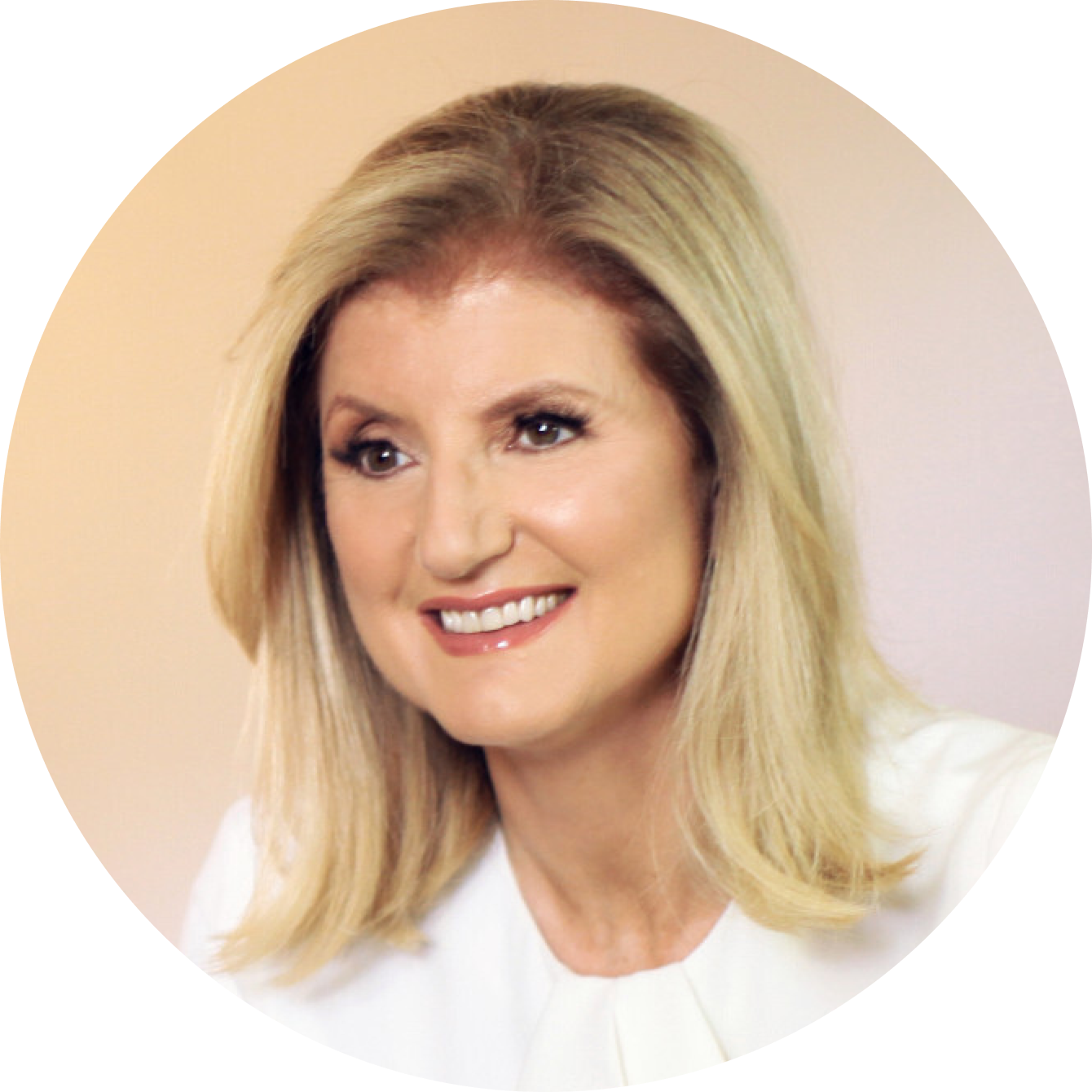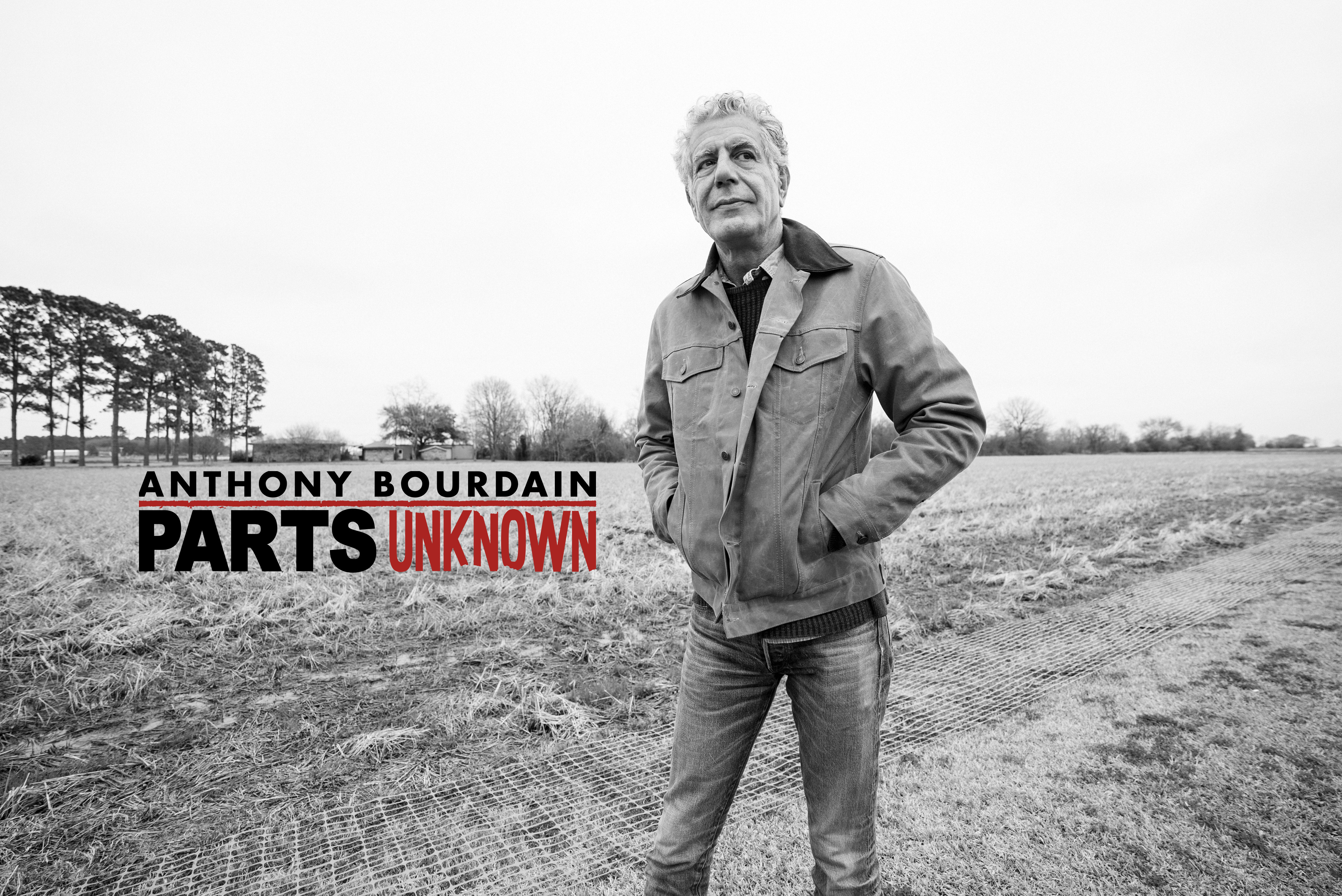We got to know Anthony Bourdain as the fearless, authentic and deeply human host of “Parts Unknown,” who allowed us to escape from our daily lives and travel, at least vicariously, to amazing out-of-the-way places all over the world.
That’s why the heartbreaking news of Bourdain’s suicide came as such a shock. We’ll never know the private battles that drove him to this tragic decision, but in our natural urge to make some sense of his story, we can use what happened as a chance to stop and reflect on our own stories. Yes, there are many parts unknown around the world, but millions seem to have forgotten that exploring parts unknown inside ourselves is also a necessary part of a full life.
Because however many fulfilling relationships we have, the relationship with ourselves is the most important one we’ll ever have. And, like any relationship, it can’t be taken for granted — without care and attention, it will atrophy and, ultimately, break down.
If there is one thing I wish I knew when I was studying the Greeks at my school in Athens, it’s that the Delphic admonition “Know thyself” and Socrates’ admonition that “the unexamined life is not worth living” are not ancient philosophical platitudes, but in fact the most relevant and important guiding truths for our lives. And today, in the words of Thích Nhất Hạnh, the renowned Vietnamese Buddhist monk, “It has never been easier to run away from ourselves.”
All around us we see the tragic consequences — including in the rise of depression, anxiety and suicide (a report released last week by the C.D.C. found that suicide rates have gone up by more than 25% since 1999).
I completely understand the sense of wonder that has led men and women through the ages to explore outer space, but I’ve personally always been much more fascinated with exploring inner space. And every major religion and ancient philosophy — whether it’s the Tao, Zen, the Bhagavad Gita or the Stoics — has stressed the need to connect with those inner and deeper parts of ourselves if we want to find meaning in life.
But modern life has made it harder and harder to connect with ourselves. Instead we take pride in being always on, breathlessly running from one thing to another. Bourdain’s life was no exception. “His travel schedule was grueling and he often seemed quite beat-up from it, as anyone would be,” a friend said. “It was as if he gave everything to his work and then had nothing, zero, left for himself afterwards.”
As Andrew Solomon wrote in The New Yorker, part of what seemed so shocking about the deaths of both Bourdain and Kate Spade was the seeming disparity between the internal and external. “The gap between public triumph and private despair is treacherous,” he wrote, “with the outer shell obscuring the real person even to those with whom he or she had professed intimacy.”
The danger of that gap isn’t just limited to celebrities. We all need to maintain that bridge from the frenetic outer world to the peace, strength and wisdom of our inner world. But our entire culture, with its constant buzzing, blinking notifications demanding that we look out, not in, is designed to never allow us a spare second on that bridge. The temptations are constantly multiplying and are becoming ever more sophisticated at grabbing our attention.
So many of our collective resources go into drawing us outside of ourselves — new clothes, new makeup, new gadgets, new recipes — that we’ve lost the sense of what should be in the background and what should be in the foreground of our lives.
This week New York Magazine described how Netflix was becoming a “binge factory,” spending hundreds of millions of dollars on the best talent in Hollywood to capture our attention. And this, after Netflix CEO Reed Hastings proclaimed last year that Netflix’s main competition was sleep — one of the few remaining opportunities to explore inner parts unknown!
One of the problems of our culture is that while there are always plenty of signposts along our path directing us to climb up the ladder and be always on, there are almost no signposts reminding us to stay connected to the essence of who we are, to take care of ourselves along the way, to reach out to others, to pause to wonder, and to connect to that place from which everything is possible. “Give me a place to stand,” my Greek compatriot Archimedes said, “and I will move the world.”
So what if, as signposts reminding us to stay connected to the essence of who we are, there were multiple new series dedicated to exploring those forgotten inner parts through different spiritual teachers, philosophers, poets and artists? They could take us through the Tao, Zen philosophy, the Bhagavad Gita, the Stoics, through the poetry of Whitman and Wordsworth and Thoreau. And of course, the wisdom of Thomas Merton, who said, “What can we gain by sailing to the moon if we are not able to cross the abyss that separates us from ourselves? This is the most important of all voyages of discovery.”
That’s my dream lineup of shows for the fall. But who would host? Any ideas? Who could breathe life into such explorations the way Bourdain did into Parts Unknown around the world? And what other episodes would you want to see in this spinoff? What other poets and philosophers and teachers would you like to see included? We’d love your thoughts. After all the recent tragic news, that’s a conversation worth having.
Subscribe here for my Weekly Thoughts Newsletter, where you’ll find my take on the week’s news, my favorite pieces on how we can thrive even in our stressful world, and some fun and inspiring extras.


